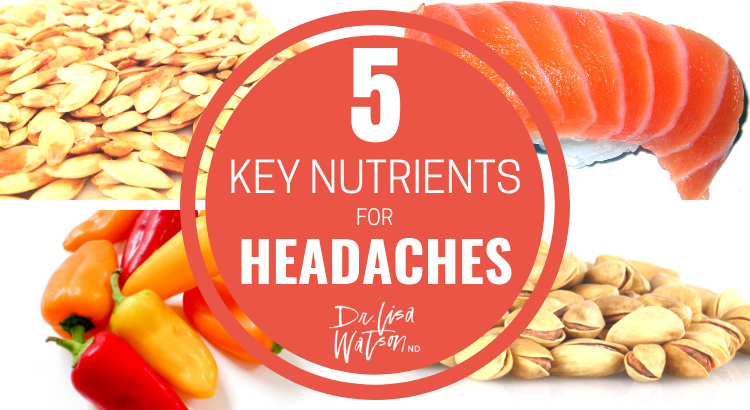
 Almost half of all adults suffer from headaches and the mental, emotional and physical impacts of headaches are often under recognized and under-treated by medical professionals.
Almost half of all adults suffer from headaches and the mental, emotional and physical impacts of headaches are often under recognized and under-treated by medical professionals.
The majority (90%) of headaches are vascular or tension-type, or a mixture of the two. Vascular headaches include both migraines and cluster headaches. The remaining 10% of headaches are due to other conditions such as trauma, dental pain, visual strain, TMJ disorders, neck disorders, sinus inflammation or tumours.
As a Naturopathic Doctor it is important that each person with a headache receive an appropriate intake and assessment to determine underlying causes and precipitating factors impacting their headaches.
In addition to understanding the possible causes of headache, understanding the impact of five key nutrients on headaches allows your Naturopath to assess your diet and recommend supplements where needed.
Magnesium
Low levels of magnesium are typically found in patients with vascular (migraine and cluster headache) and tension type 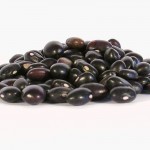 headaches. Increasing dietary magnesium, or using a magnesium supplement can decrease the pain associated with magnesium.
headaches. Increasing dietary magnesium, or using a magnesium supplement can decrease the pain associated with magnesium.
Magnesium also acts as a muscle relaxant and can decrease the tension associated with tension headaches.
Foods that are rich in magnesium include pumpkin and sesame seeds, leafy green vegetables, soy beans, black beans, quinoa, cashews, squash, brown rice, barley, millet and oats.
Riboflavin (Vitamin B2)
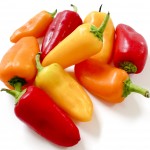 One of the suspected underlying causes of migraine headaches is impaired mitochondrial function in the brain and in muscles. Riboflavin is necessary for the function of two enzymes involved in this process and can improve the energy reserves of the mitochondria without altering the excitability of neurons.
One of the suspected underlying causes of migraine headaches is impaired mitochondrial function in the brain and in muscles. Riboflavin is necessary for the function of two enzymes involved in this process and can improve the energy reserves of the mitochondria without altering the excitability of neurons.
Riboflavin is used as a prevention for migraine headaches but will not change headache duration or intensity once it is occurring.
Food sources of riboflavin include soy beans, leafy green vegetables, yogurt, mushrooms, eggs, asparagus, almonds, turkey, broccoli, green beans, bell peppers, green peas and sea vegetables.
CoEnzyme Q10 (CoQ10, Ubiquinone)
Similar to riboflavin, CoQ10 also enhances the energy-related mitochondrial processes that are impaired in patients with migraine headaches. Taking a daily CoQ10 supplement can prevent migraines but will not impact a headache once it is occurring. Digestive upset can occur with CoQ10 supplements and they should only be taken under supervision by a Naturopathic Doctor.
Omega 3 Fatty Acids
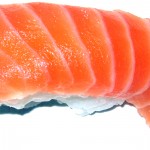 One of the best things you can do for headaches is to increase your intake of omega-3 fatty acids. These essential fats, found in cold water fish and flax seeds, have many benefits for both vascular and tension headaches. Omega-3s are powerful anti-inflammatories, decreasing the production of inflammatory molecules in your body. They are also vasorelaxant and decrease platelet aggregation – two of the underlying physiological changes in migraine headaches.
One of the best things you can do for headaches is to increase your intake of omega-3 fatty acids. These essential fats, found in cold water fish and flax seeds, have many benefits for both vascular and tension headaches. Omega-3s are powerful anti-inflammatories, decreasing the production of inflammatory molecules in your body. They are also vasorelaxant and decrease platelet aggregation – two of the underlying physiological changes in migraine headaches.
Clinical studies have suggested that fish oil can reduce headache frequency dramatically as well and decreasing duration and severity.
Omega-3 supplements are readily available and food sources include flaxseeds, walnuts, sardines, salmon, soy beans, fortified eggs and grass fed beef.
Vitamin D
Many more Canadians are becoming aware of the importance of vitamin D. It is necessary for immune function, bone health, diabetes and cancer prevention. It is also required for the production and response to serotonin.
Serotonin is a neurotransmitter with multiple influences on headaches. Altered serotonin release is known to be one of the many physiological results of migraine headaches and low serotonin production, or low response to serotonin can decrease pain threshold.
All Canadians should be taking a vitamin D supplement during the winter months, but those suffering with headaches should be sure to have their vitamin D levels tested and take a supplement based on their individual needs. Often the recommended daily allowance (600-800IU) is inadequate for people suffering with headaches.
Putting It Together
Working with a Naturopathic Doctor is your best chance for successful management of headaches. Focusing on lifestyle, diet, exercise, nutrients and integrating other therapies such as massage therapy, chiropractic, osteopathy, acupuncture and botanical medicines can turn your life around and stop the headache cycle once and for all.
Disclaimer
The advice provided in this article is for informational purposes only. It is meant to augment and not replace consultation with a licensed health care provider. Consultation with a Naturopathic Doctor or other primary care provider is recommended for anyone suffering from a health problem.


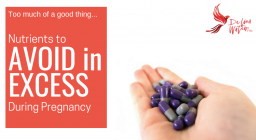


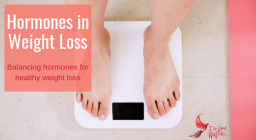
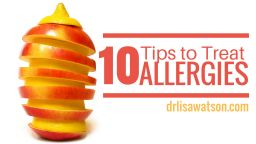






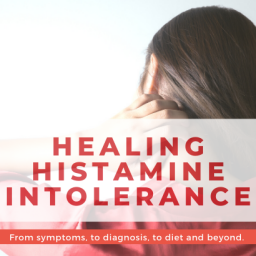

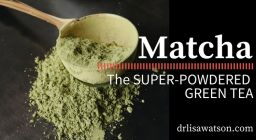
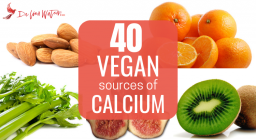
Magnesium is really important. The best foods for magnesium include spinach, sweet potatoes, white potatoes, Swiss chard, fresh amaranth, quinoa, sunflower seeds, brown rice, and whole grains.